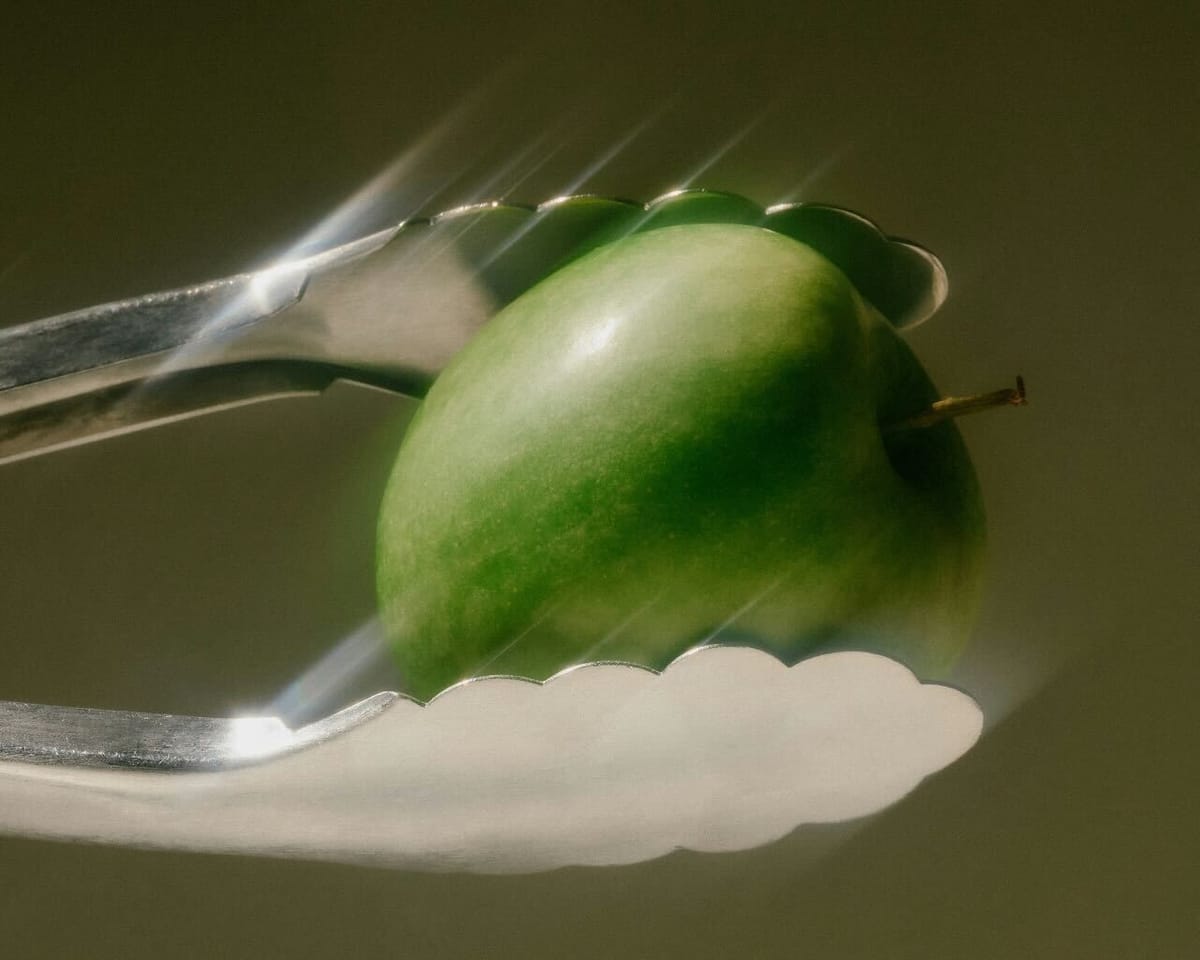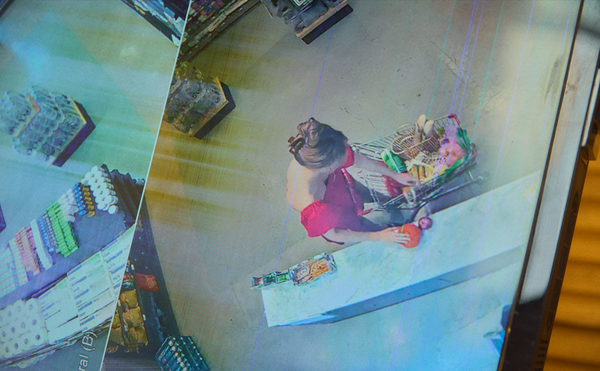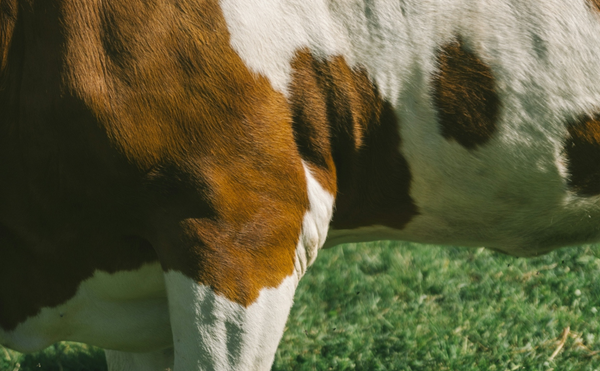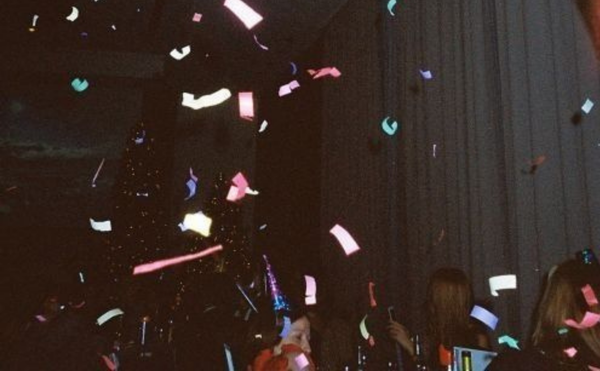What Your Food Dreams Are Telling You
Our sleeping minds serve up bizarre dishes. They might be more satisfying than the real thing.

I’m neck-deep in broth the color of melted bronze. In this lido of giant ramen, each noodle is long enough to tangle around my arms like pool floaties. I’m drinking the warm broth at the same time I’m swimming through it and probably nibbling my pool noodle. It’s a heaven made of sodium and refined carbs.
This is the fanciful nature of food in dreams — the way it glows and morphs, both impossible and inviting. I’m thinking about Alice in Wonderland’s “Eat Me” cakes, The Nutcracker’s Land of Sweets, the infinite banquet in Spirited Away. The never-ending giant omelet in Neopets. Dream food feels like that: childlike, fantastical, endlessly replenishing.
Perhaps to decode my ramen dip, I’ve been interested in other people’s dream fare. Dreams are weird, as king of subtext Carl Jung wrote, because it’s hard to understand “the special symbolic language of the unconscious.” When we wake up craving food that doesn’t exist, maybe the craving is the point. Food dreams are outlandish but honest expressions of desire, the wild proportions and shape of our appetites given life. As the food writer Anya von Bremzen once said, “Dreaming about food is a lot more rewarding than eating.” (She was referring to her childhood fantasies while living in the Soviet Union.) In my trip down the rabbit hole, I’ve come to think she might be right.
Unlike real food, our dream meals don't have to be edible to be satisfying.
I’ll start by saying our subconscious cuisine rarely, if ever, makes sense. Some dishes are luscious and decadent; others are disgusting. On Reddit’s r/somnigastronomy — a forum devoted entirely to dream food — you’ll find bizarre examples like “hot chocolate pickles” and a spaghetti bouquet. The most famous is “the King’s Hand”: an M&M cookie stuffed with Greek salad and shaped like a human limb, complete with fingers.
The creator baked it in real life after his dream, and after the monstrosity went viral, he explained the appeal to BuzzFeed News. “When I bit into it, it was very rewarding,” he said. “I was like, ‘Oh my god, I’m eating my dream food.’ If another person were to bite into King’s Hand, they could barf.”
That’s the thing: Unlike real food, our dream meals don’t have to be edible to be satisfying. Taste comes second to the vision. These dishes are liberated from the rules of physics and biology, and they don’t require ingredients, history, labor, or any kind of context, for that matter.




